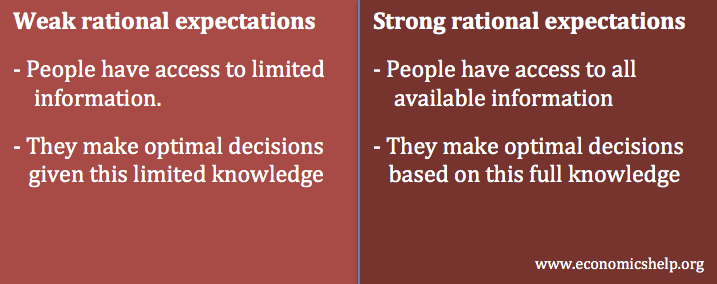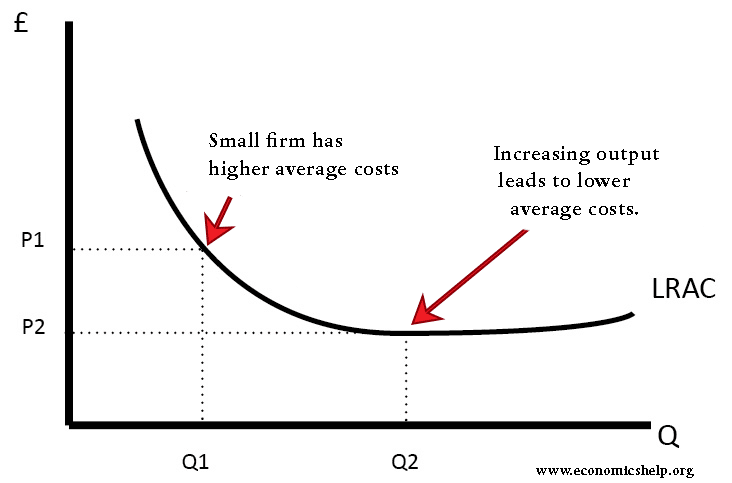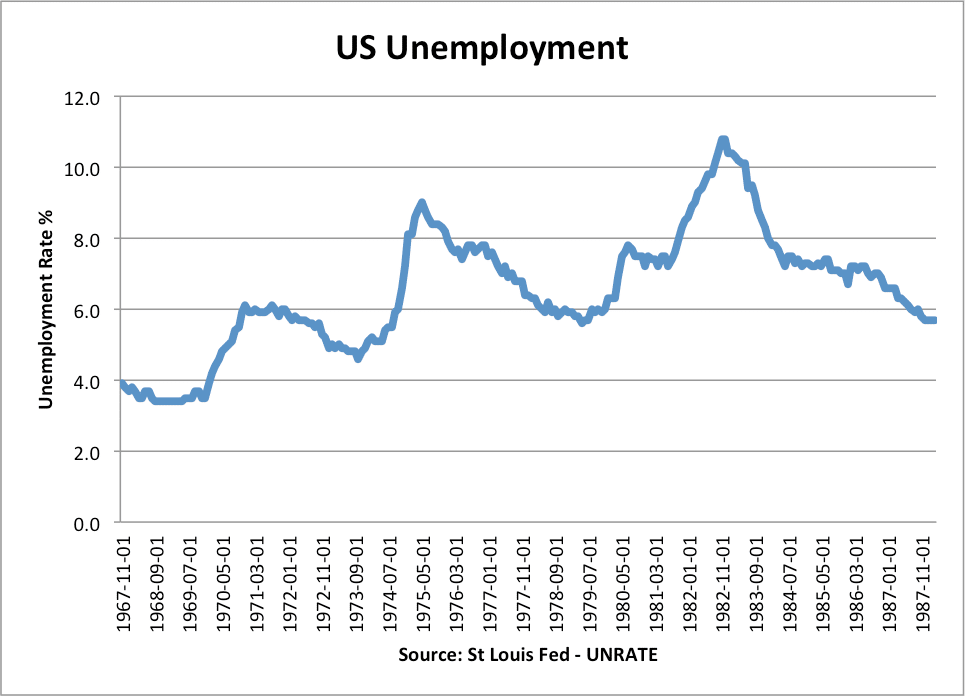Eurobonds Pros and Cons
Eurobonds are a way for countries to borrow as one entity. For example, there would just be a single European bond to finance the net debt of all the individual Eurozone member countries. It would mean that the bond would be seen as a safe investment and therefore would have a low interest rate cost. …




